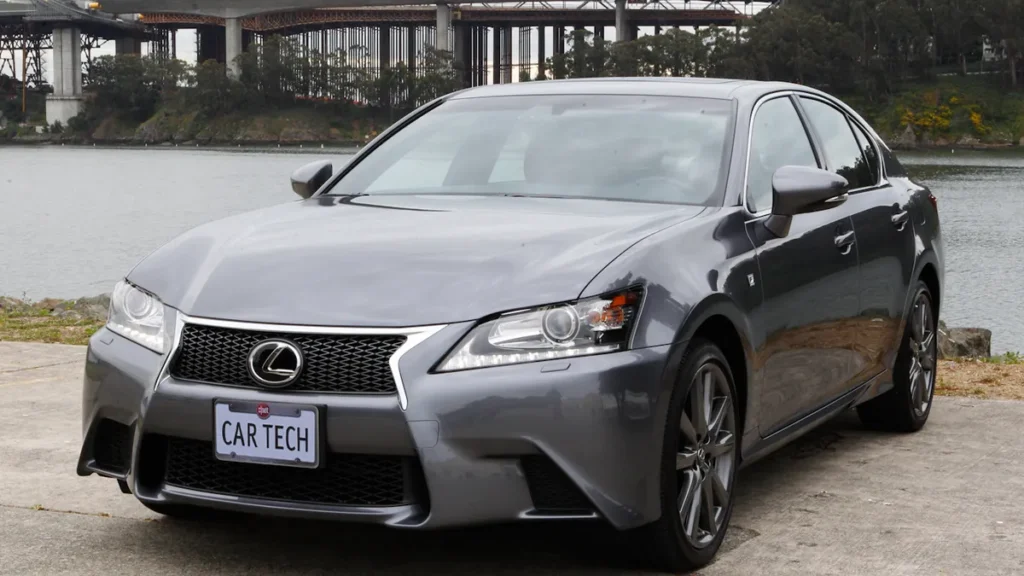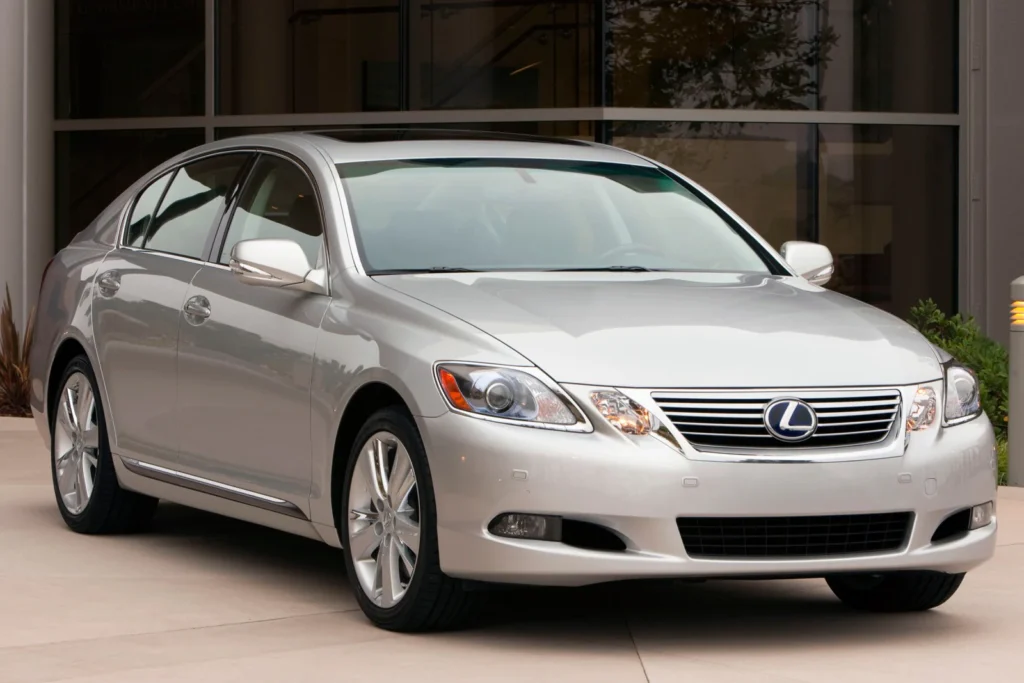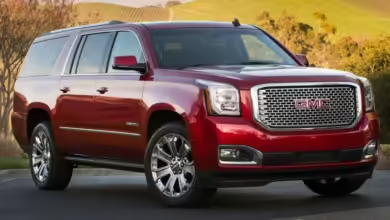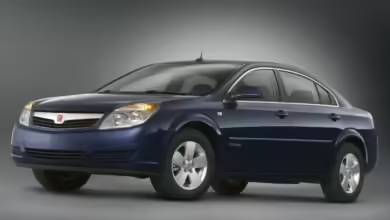Lexus GS Years to Avoid: Key Model Issues Explained
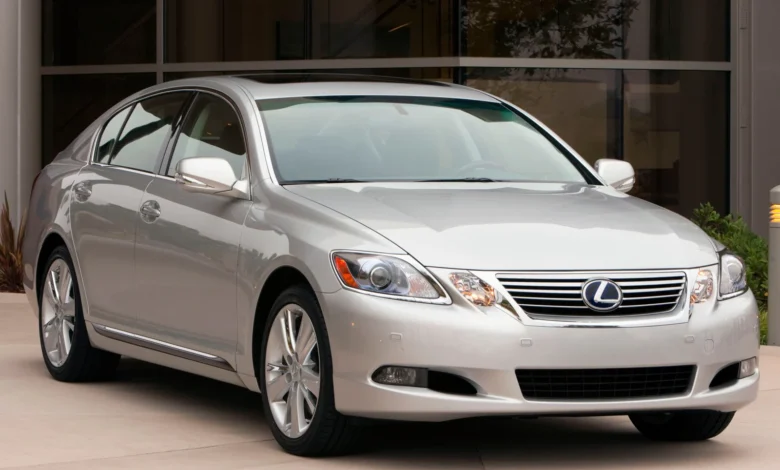
Buying a used car can be tricky, especially if you’re considering a luxury model like the Lexus GS. While this car is known for its reliability and comfort, not all model years are created equal. Some years have been reported to have more issues than others, which can lead to costly repairs and a less enjoyable driving experience. To help you make a better decision, it’s important to know which Lexus GS years to avoid so you can steer clear of potential problems. Here’s a breakdown of the key years you might want to skip when shopping for a Lexus GS.
2006-2007 Lexus GS: Deteriorating Interiors
The 2006-2007 Lexus GS models have become infamous for their interior quality issues. Owners have consistently reported problems with the dashboard, which tends to deteriorate when exposed to sunlight. The material can crack and even melt, leading to an unsightly and uncomfortable interior. Additionally, the leather upholstery in these years is prone to premature wear, reducing the overall luxury feel. These issues make these years a risky choice if you’re looking for a vehicle that will maintain its premium appeal over time.
2013 Lexus GS: Early Tech Troubles
The 2013 Lexus GS, the first model of the fourth generation, introduced many new features but also came with its fair share of problems. One of the most common complaints revolves around the infotainment system, which many owners found to be difficult to use and prone to glitches. Furthermore, issues with the battery and electronic systems were also frequently reported, including unexpected battery drains and malfunctioning sensors. These problems make the 2013 model one of the Lexus GS years to avoid, especially if you’re looking for a trouble-free ownership experience.
2007-2010 GS 450h: Hybrid Headaches
While hybrid technology can be appealing for its fuel efficiency, the 2007-2010 GS 450h models have proven to be problematic as they age. The hybrid system, including the battery and electronic components, has been known to fail, leading to costly repairs. Furthermore, finding a technician qualified to work on these hybrid systems can be a challenge, adding another layer of complexity to ownership. These issues highlight why these particular hybrid models are among the Lexus GS years to avoid, particularly if you’re looking to minimize maintenance costs.

